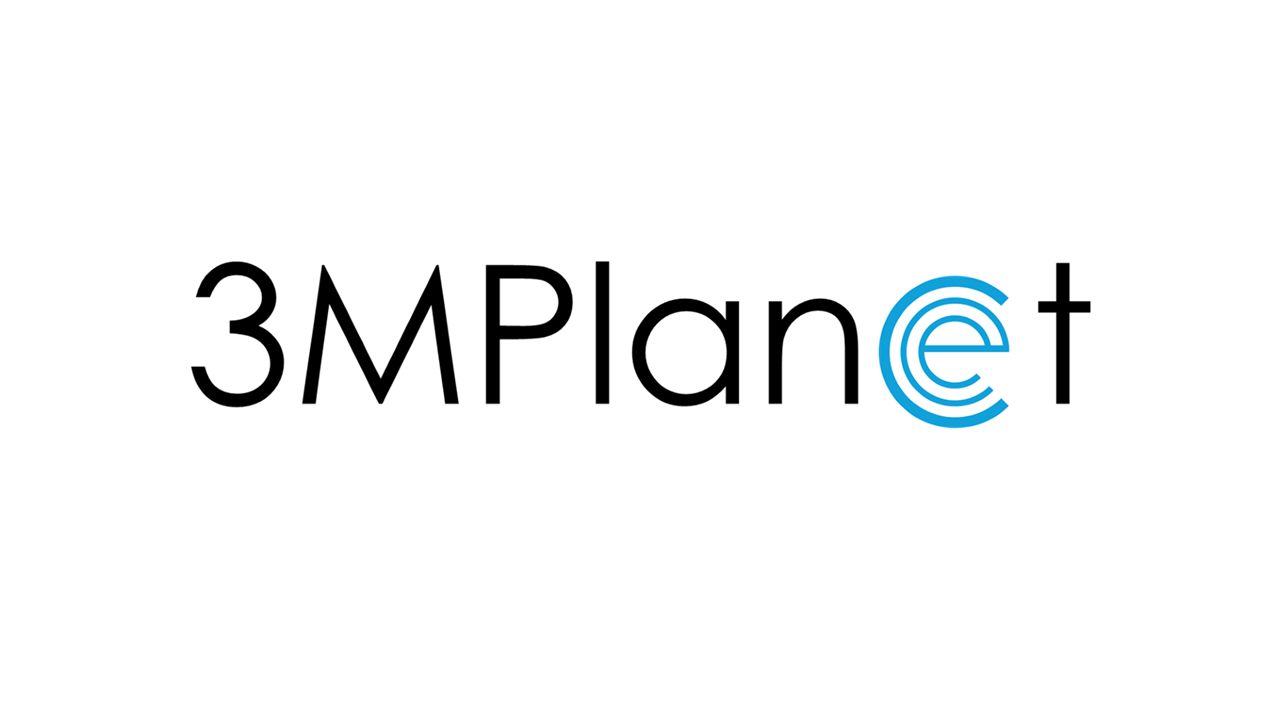
Do you believe that your dissertation research can contribute to and inspire climate action? Does your dissertation topic address the challenge of energy and/or climate change? Are you prepared to put your time where your mouth is?
Three minutes of your time, to be precise?
If so, we have some great news. The 3MPlanet competition is back!
For the third time, the Centre for Energy Ethics invited all honours students at the University of St Andrews whose dissertation research explores topics related to energy, climate change and/or climate action, to our Three Minute Planet (3MPlanet) competition.
Adapted from the format of a Three Minute Thesis (3MT®) developed by the University of Queensland, we challenge you to present a compelling spoken presentation on your research topic and its significance to climate action to a non-specialist audience, in just three minutes.
The 3MPlanet 2023 final was held on Friday 16 March. After seeng the presentations of our six finalists and much deliberation, our judging panel named Sustainable Development 4th year student Katie Symes the winner of 3MPlanet 2023. Runner up was Brook Pownceby, and Alana Condron was named as the audience’s winner.
Congratulations to all winners and finalists! 3MPlanet will return for a fourth time next year.
Competition Details
How to Enter
Prospective entrants filled in the 3MPlanet application form where they were asked to include their research title and a 150-word pitch.
The selection committee then chose finalists who received expert training and prepared a three-minute presentation on their research, following the competition rules:
- Strictly 3 minutes in length. Any presentation beyond the 3-minute limit will be disqualified.
- Up to three static slides containing images only.
- No props, no additional video or audio files, no costumes.
- Spoken word only (no poems, no songs, no rapping).
- Judging panel’s decisions are final.
The presentations were delivered in front of live audience, and an expert judging panel, during the 3MPlanet final in March.
Important dates:
- Monday 5th February 2024 – Deadline for Applications
- Week commencing 19 February 2024 – training for the finalists
- Week commencing 11 March 2024 – Live Final
Eligibility
The competition is open to the University of St Andrews undergraduate honours students from all disciplines who are either currently working on their dissertations, or who have submitted their dissertation in the 23/24 academic session.
The presentations need to be based on the applicant’s own original dissertation research (either fieldwork, lab experiment, or literature- based).
Prizes
- The winner of the 3MPlanet event will receive: £250
- The runner up will receive: £150
- The public vote laureate will receive: £150
In addition to cash prizes, the three winners will be invited to produce blog entries about their research which will be published on the Centre for Energy Ethics’ The Energy Blog and/or take part in a special episode of the All About Energy podcast.
Judging Criteria
Comprehension and content:
- Did the presentation provide an understanding of the background and significance to the research question being addressed, while explaining terminology and avoiding jargon?
- Did the presentation clearly demonstrate the relevance of the research to climate change, climate action and/or energy?
- Did the presentation clearly describe the results of the research, including conclusions and outcomes?
- Did the presentation follow a clear and logical sequence?
- Was the dissertation topic, research significance, results/impact and outcomes communicated in language appropriate to a non-specialist audience?
- Did the presenter spend adequate time on each element of their presentation – or did they elaborate for too long on one aspect or was the presentation rushed?
Engagement and communication:
- Did the oration make the audience want to know more?
- Was the presenter careful not to trivialise or generalise their research?
- Did the presenter convey enthusiasm for their research?
- Did the speaker have sufficient stage presence?
- Did the images used enhance the presentation – were they clear, legible, and concise?
© University of St Andrews is a charity registered in Scotland, No SC013532.
College Gate, St Andrews, Fife KY16 9AJ, Scotland, United Kingdom.



